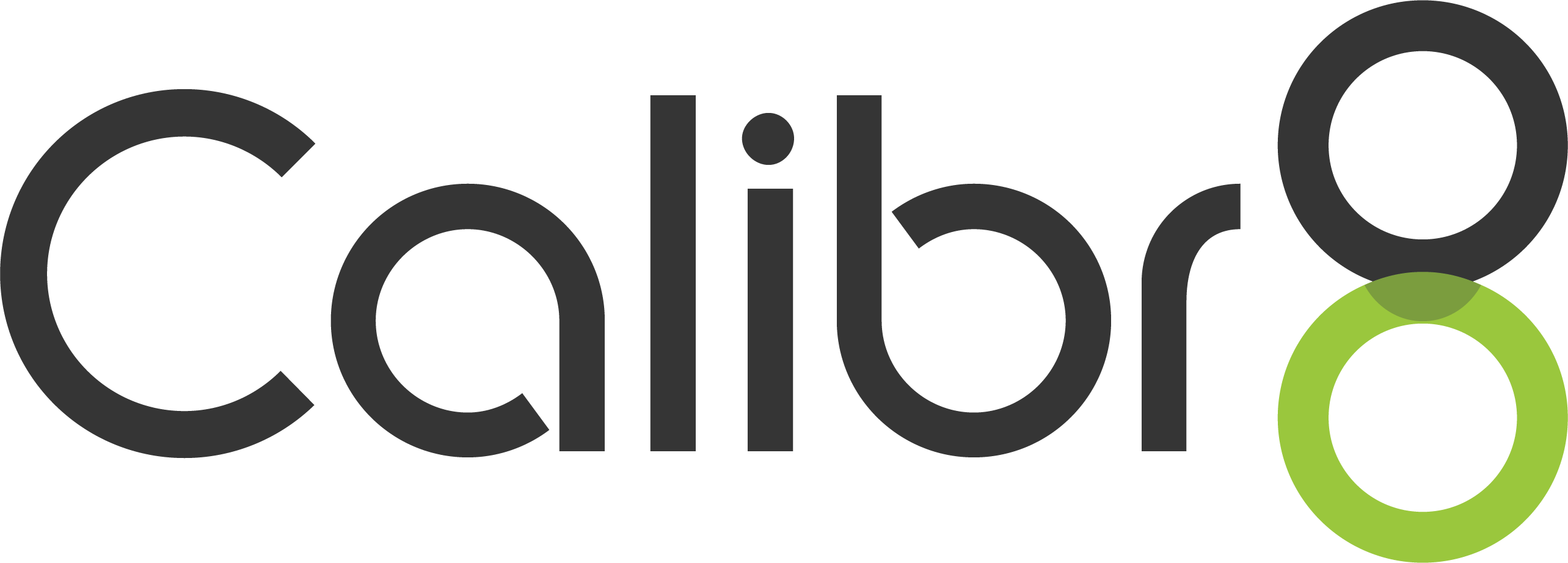Read time: 4 mins
Many businesses struggle to increase their online visibility amidst the vast digital landscape. A highly effective strategy to address this challenge is creating a content hub. By centralizing valuable content in one place, companies can significantly enhance their online presence and engage more effectively with their audience. Here are seven compelling reasons why your business should consider building a content hub.
1. Centralized Content Resource
A content hub serves as a centralized resource where all your valuable content is housed. This not only makes it easier for your audience to find information but also helps in establishing your brand as an authority in your industry. According to Redline, 63% of content marketers use their content strategy to build loyalty with their existing customers.
2. Improved SEO Performance
Having a content hub can significantly enhance your search engine optimization (SEO) efforts. By consistently publishing high-quality content centered around relevant keywords, your site can rank higher in search engine results. HubSpot reports that companies that blog have 434% more indexed pages, which leads to more search traffic.
3. Enhanced User Experience
A well-organized content hub improves the user experience by providing a seamless way for visitors to access various types of content. This not only keeps users on your site longer but also increases the chances of conversion. Research by Adobe found that 38% of people will stop engaging with a website if the content or layout is unattractive.
4. Increased Engagement and Sharing
Content hubs can boost engagement and sharing. When readers find valuable and well-organized content, they are more likely to share it with others. This organic sharing expands your reach and can drive more traffic to your site. A study by Backlinko revealed that long-form content gets an average of 77.2% more links than short articles.
5. Better Insights and Analytics
With all your content in one place, it’s easier to track performance and gain insights into what works and what doesn’t. This data-driven approach allows for continual improvement of your content strategy. According to a survey by the Search Engine Journal, 40% of the most successful content marketers have a documented strategy that they regularly review and optimize.
6. Stronger Brand Authority
Consistently publishing valuable content helps build your brand’s authority in your industry. It positions your business as a thought leader, which can lead to increased trust and credibility among your audience. A study by Edelman found that 67% of consumers need to trust a brand to buy from them, and thought leadership can play a crucial role in building that trust.
7. Support for Other Marketing Channels
A content hub can serve as a foundation for other marketing efforts, such as email campaigns, social media, and paid advertising. By directing traffic from these channels to your hub, you can create a cohesive and integrated marketing strategy. The Logit Group can assist in understanding how consumer research can enhance these efforts, ensuring your content strategy is aligned with audience needs. Simply fill out our online quote form and a Logit Group team member will be in contact with you shortly.
Conclusion
Creating a content hub can transform your online presence, drive traffic, and build brand authority. It centralizes your content, improves SEO, enhances user experience, boosts engagement, provides better insights, strengthens brand authority, and supports other marketing channels. Ready to elevate your brand’s online visibility with a content hub?
FAQs
A content hub can include various types of content such as blog posts, videos, infographics, case studies, whitepapers, and user-generated content. The goal is to provide a diverse range of valuable information to your audience.
The frequency of adding new content depends on your audience and industry. However, consistency is key. A regular schedule, whether it’s weekly, bi-weekly, or monthly, helps maintain engagement and improves SEO performance.
Starting a content hub doesn’t require a massive investment. Begin by repurposing existing content, leveraging user-generated content, and focusing on high-impact topics relevant to your audience. As you grow, you can expand your content creation efforts.







